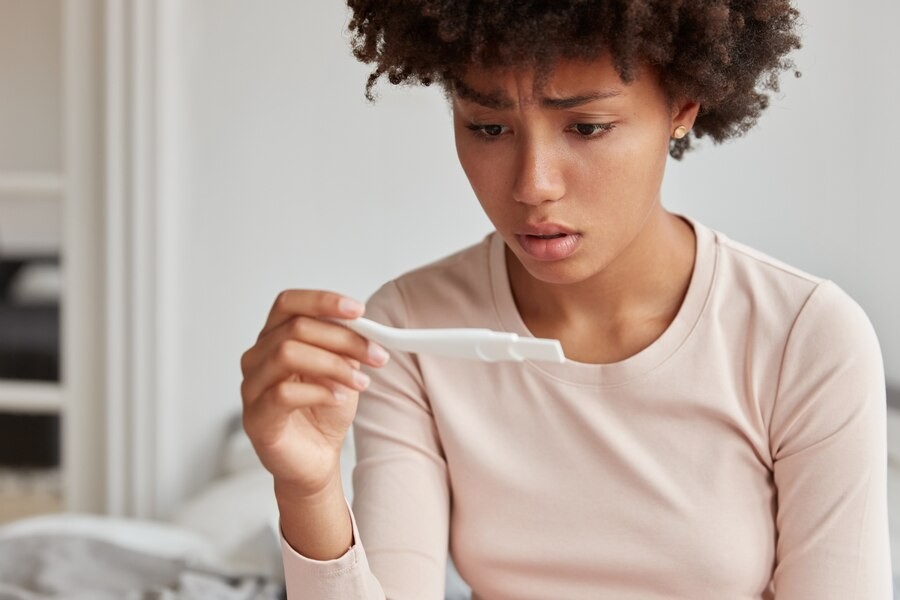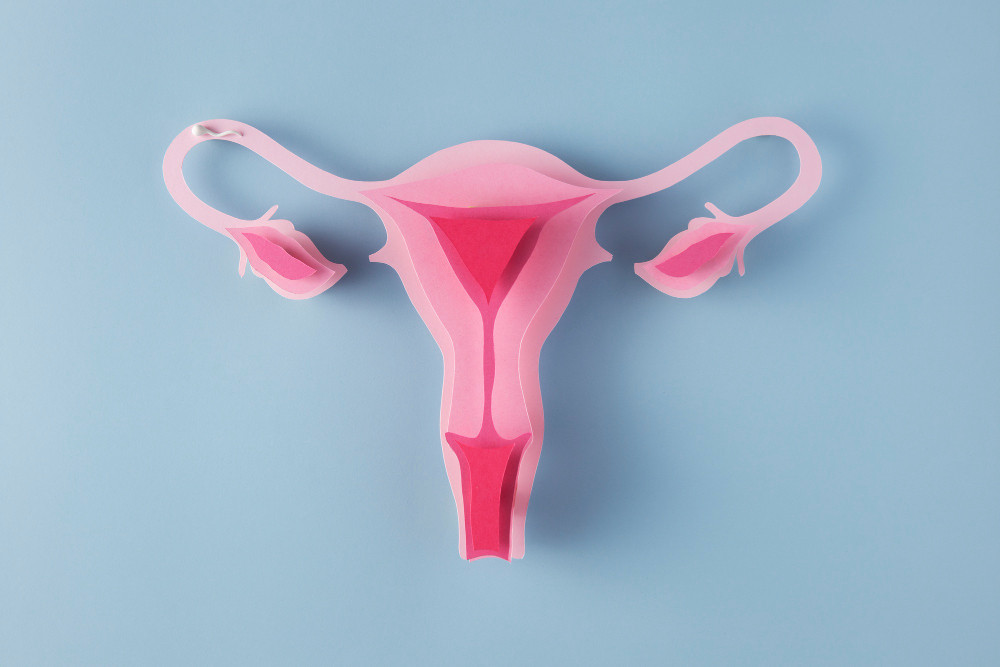Endometriosis is a common condition affecting many women, with symptoms such as severe menstrual pain, chronic pelvic pain, and trouble conceiving.
So, how does endometriosis impact female fertility and make it challenging to become pregnant? Find out more in this article.
What is Endometrosis?
Endometriosis occurs when tissue similar to the endometrial lining of the uterus grows outside the uterus, often on the ovaries, fallopian tubes, or the outer surface of the uterus.
The symptoms of endometriosis can significantly disrupt daily life, leading to:
- Intense menstrual pain
- Persistent pelvic pain, not limited to menstrual periods
- Discomfort during and after sexual intercourse
- Painful urination or bowel movements, especially during menstruation
- Heavy and irregular menstrual cycles
- Fatigue
- Digestive issues, including diarrhea, constipation, or bloating
Why Does Endometriosis Cause Difficulty in Getting Pregnant?
Endometriosis can contribute to infertility by affecting various reproductive processes. Here are some of the primary reasons:
Inflammation in the Reproductive Area
One way endometriosis impacts fertility is by causing inflammation in the reproductive organs. When endometrial tissue grows outside the uterus, the body responds by sending inflammatory cells to the site.
This inflammation can damage the fallopian tubes, ovaries, and nearby tissues, potentially disrupting ovulation and fertilization. When ovulation or fertilization is impaired, the chances of an egg meeting sperm to form an embryo decrease.
Impact on Egg Quality
Endometriosis often leads to scar tissue formation around the ovaries, which can impair ovarian function and reduce the production of healthy eggs.
Additionally, chronic inflammation and tissue damage around the ovaries can affect egg development, sometimes resulting in unhealthy or immature eggs. Consequently, when these eggs encounter sperm, the likelihood of successful fertilization diminishes.
Changes in Uterine Structure
Endometrial tissue growth on the uterine walls can alter the uterine structure, creating an environment that is less suitable for embryo implantation. It can also influence the uterine environment by affecting hormone levels, pH, and other essential factors for implantation and embryo development.
When a fertilized egg has difficulty attaching to the uterine wall, the chances of pregnancy decrease.
Hormonal Imbalance
Women with endometriosis frequently experience hormonal imbalances, particularly in estrogen levels, a hormone critical for the menstrual cycle and ovulation.
Estrogen imbalances can disrupt normal ovulation and reduce fertility. Moreover, endometriosis may lead to increased prostaglandin levels, which trigger strong uterine contractions that can interfere with embryo implantation.
While endometriosis can impact fertility, women with this condition may still conceive naturally or through assisted reproductive technologies like in vitro fertilization (IVF). For personalized guidance, consult a healthcare provider or use the Ai Care health consultation service available on the App Store or Play Store.
Looking for information about other health conditions? Click here!
- dr Nadia Opmalina
Pregnancy Birth & Baby (2023). How endometriosis affects pregnancy. Available from: https://www.pregnancybirthbaby.org.au/how-endometriosis-affects-pregnancy
Cleveland Clinic (2024). Endometriosis. Available from: https://my.clevelandclinic.org/health/diseases/10857-endometriosis
Better Health Channel. Pelvic inflammatory disease (PID). Available from: https://www.betterhealth.vic.gov.au/health/healthyliving/pelvic-inflammatory-disease-pid
Sania Latif and Ertan Saridogan (2023). Endometriosis, Oocyte, and Embryo Quality. Available from: https://www.ncbi.nlm.nih.gov/pmc/articles/PMC10342681/
Zawn Villines (2022). What are the risks of untreated endometriosis?. Available from: https://www.medicalnewstoday.com/articles/what-happens-if-endometriosis-is-left-untreated
Elodie Chantalat, et all (2020). Estrogen Receptors and Endometriosis. Available from: https://www.ncbi.nlm.nih.gov/pmc/articles/PMC7215544/
Cleveland Clinic (2022). Prostaglandins. Available from: https://my.clevelandclinic.org/health/articles/24411-prostaglandins












